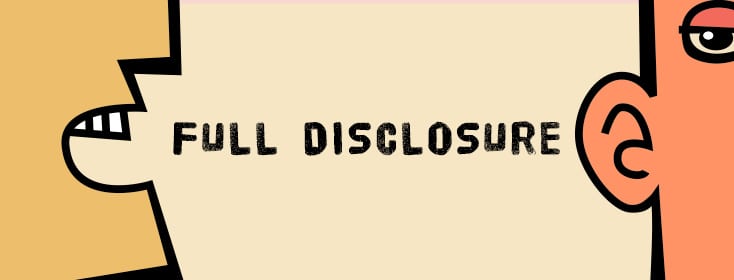Many people believe that sex has one purpose – making babies. If a sexual act cannot make babies, it is not sex. The reality is, just as people are more than their body parts, sex is more than just a method of procreation – yet say ‘sex’ to most people and they’ll assume you’re referring to penis-in-vagina sex. However, it has not always been defined in such a narrow way. Phillips and Reay say, ‘The second half of the eighteenth century saw a privileging of sexual intercourse, a shift towards penetrative sexual culture. Before that, references to kissing, mutual fondling and groping suggest that many unmarried sexual couples may well have limited their sexuality within that frame and that intercourse may not have had the centrality in people’s desires that it had in modern sexual cultures.’
And it is not just ancient history that recognized sex as being more than a mere procreative device. After researching and writing her pivotal study into female sexuality, The Hite Report, in 1976, Shere Hite called for a redefinition of sex. Women were using the Pill for the first time, meaning that sex and procreation no longer went hand in hand. Hite saw it as a transitional period, in which the rules were still being established, thus giving an opportunity to update traditional definitions of sex. ‘Although we tend to think of “sex” as one set pattern, one group of behaviors (in essence reproductive activity) there is no need to limit ourselves in this way.’ (p365, The Hite Report, 1976) However, few people paid attention to her. To this day, sex remains broadly defined as ‘penis-in-vagina’ activity, leaving many women unable to describe the sex they are having in their fantasies as ‘sex’.
The Risk
An inaccurate definition of sex controls everyone’s sexuality, stifling sexual freedom and accurate discourse. Many survey respondents to Garden of Desires felt limited by this. ‘I found the phrasing of “sexual” fantasies and fantasies during sex slightly difficult as many of my fantasies (and much of my “sex” life, for lack of a better term) are sadomasochistic and not explicitly sexual. I frequently fantasy about beatings without orgasm or genital contact. Sex in the sense of fucking (fingers, cock, fist) or oral is usually only one component (not infrequently absent) in my fantasies and indeed in my sex life.’ Not only does our current definition limit sex to vanilla heterosexuals, and exclude anyone who prefers non-procreative sex, but it also classifies the 70–75 per cent of women who find it hard to climax through penetrative sex as sexually ‘dysfunctional’ – whether or not they feel that way. This is demonstrated by a 2008 study that found that, ‘females with inhibited sexual desire fantasize less during foreplay, coitus, masturbation and general daydreaming than the controls . . . The females with inhibited sexual desire do not masturbate less often and do not have fewer orgasms through masturbation than the controls. The females with inhibited sexual desire have fewer orgasms through penetrative intercourse alone.’16 Despite the fact that these women were able to climax through masturbation, they were deemed to have ‘inhibited sexual desire’ because they didn’t climax through penis-in-vagina sex alone.
This gives an idea of the way in which labelling can negatively affect sexuality. Women are being labelled as dysfunctional when the real label that should be changed is that of sex itself.
The Solution
We need to throw away outdated preconceptions about sex, start communicating honestly about it and build new definitions that allow space for everyone’s sexuality to thrive. Rather than assuming someone to be abnormal for desiring sex without procreation (or non-PIV sex in general) we could instead see sex as a reflection of their personality, no matter what form that takes. Instead of deeming some forms of sex as ‘normal’ and others as ‘abnormal’ we could see sex as a communication between all parties concerned that, much like conversation, can go in whatever direction those involved want to take it.
Meg Barker says, ‘The psychiatrist Chess Denham says that the way we currently distinguish sexual activities is on the basis of whether they are transgressive or not. Those which transgress current societal norms are the ones we often ridicule, consider to be psychologically unhealthy or even have criminal laws against. What she suggests instead is that we could distinguish activities on the basis of whether they are coercive or not. Does the act involve forcing anyone to do anything against their will or to which they are not able to consent (for example, children, or adults who are drugged). If so then it should be disallowed. If not, then it is really up to the people concerned.’
(16 Sexual Fantasy and Activity Patterns of Females with Inhibited Sexual Desire versus Normal Controls, David E. Nutter MDa & Mary Kearns Condron MS, pages 276–282)
Extract taken with permission from Garden of Desires: The Evolution of Female Sexual Fantasy ($15, Black Lace). Get it at Amazon here.








Loved this. You have such a great way with words. Thanks for sharing!
Absolutely sizzling! So, so sexy!!!
Holy shit. Hottest piece you’ve written yet……